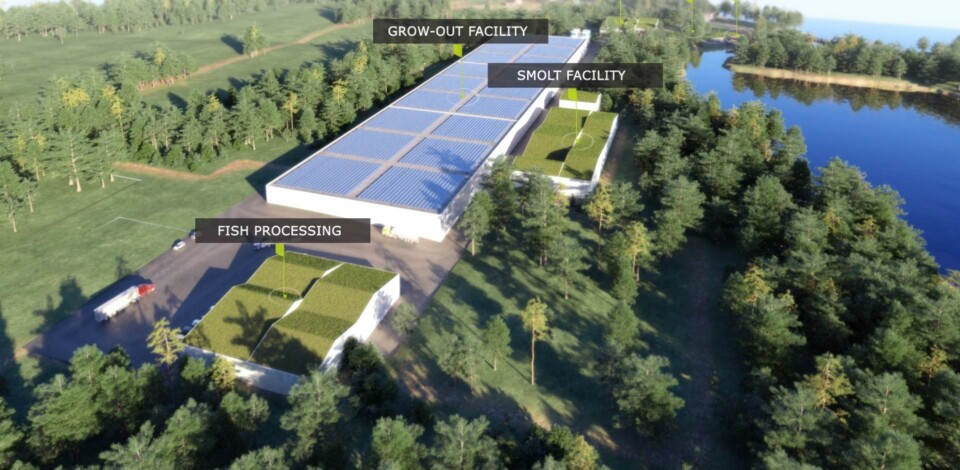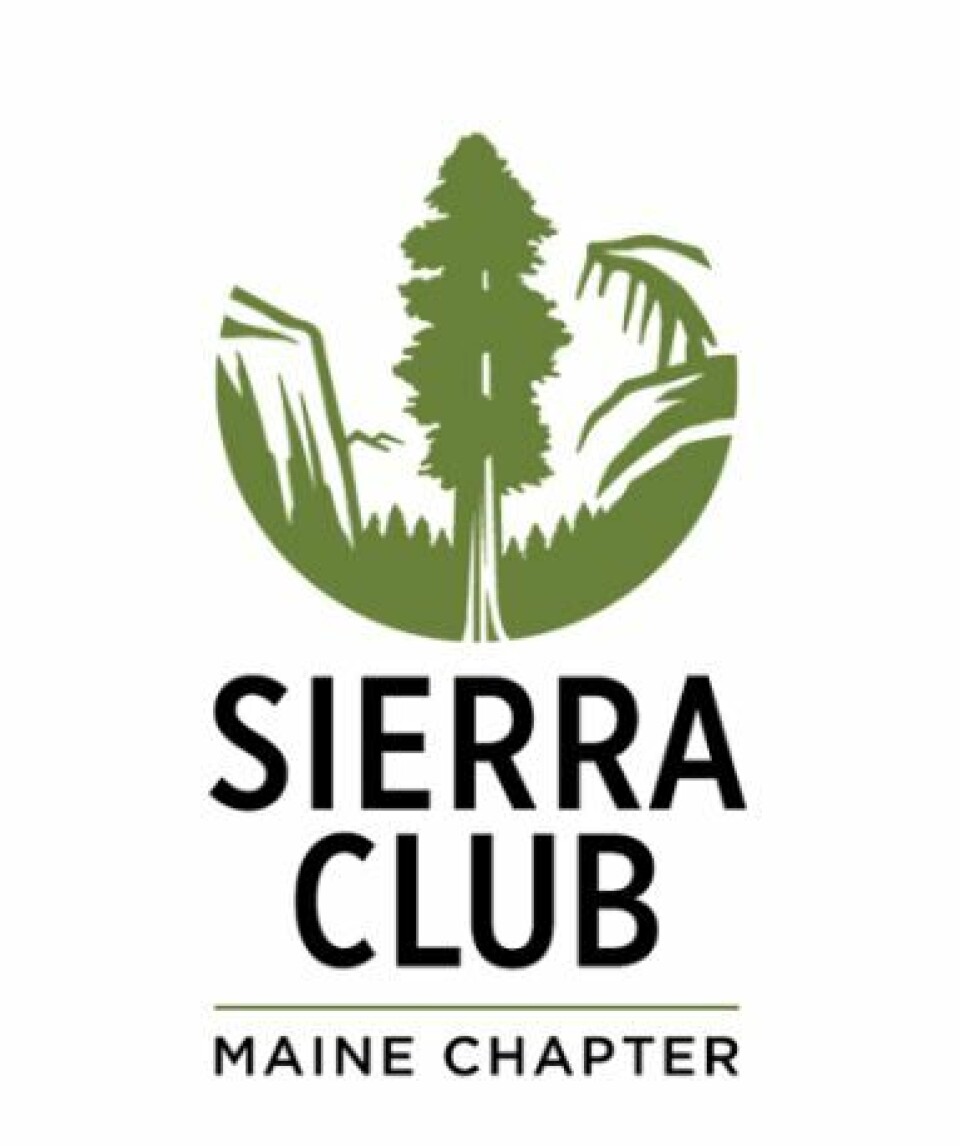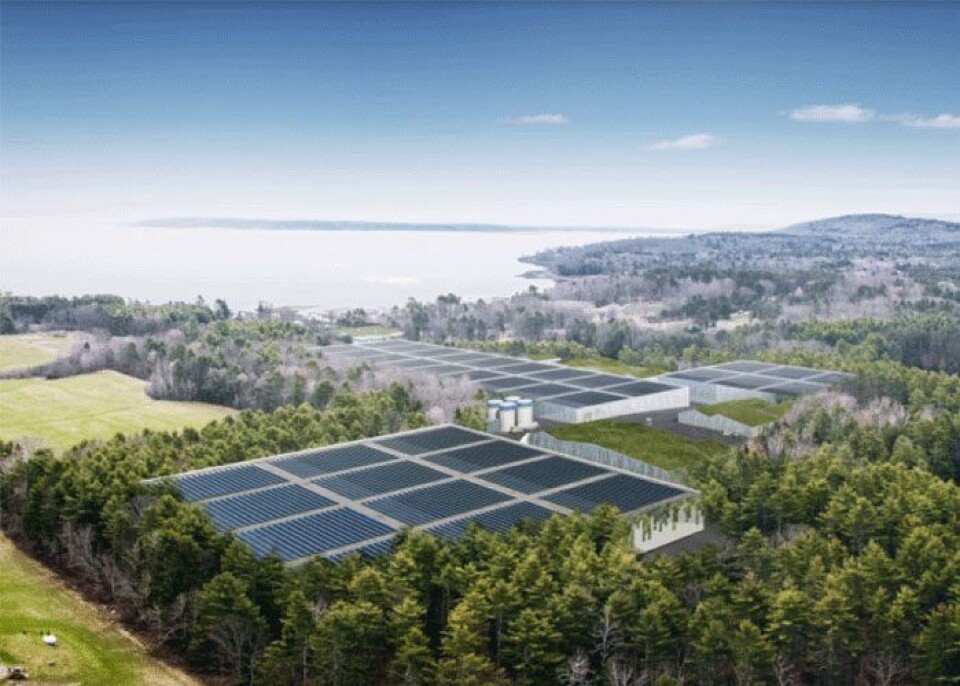
Flawed Sierra: ‘Grave errors’ in green group’s bid to block on-land salmon farm
Nordic Aquafarms has accused an influential US environmental organisation of basing its decision to oppose its planned on-land salmon farm in the state of Maine on “grave factual errors and unsubstantiated claims”.
Last Saturday the executive committee of the Maine Chapter of the Sierra Club voted unanimously to oppose construction of the recirculating aquaculture system (RAS) facility in the town of Belfast.
It issued a press release stating: “As currently proposed it poses a significant and unreasonable risk to the environment and economy of Penobscot Bay and the Midcoast Maine communities.”

Call for transparency
The Chapter said Nordic proposes to draw 1,200 gallons per minute of fresh water from the local aquifer and release 7.7 million gallons of waste water a day into Penobscot Bay.
It called for further transparency in environmental impact studies, with full disclosure of the chemical nature of the wastewater discharge, and the future oversight of claims including limited antibiotic use, non-GMO feed, and water treatment.
Nordic, which plans to produce 33,000 tonnes of Atlantic salmon a year at the site, responded with a statement yesterday.
‘Easily-avoidable errors’
The Norwegian-owned company said: “The decision to oppose the project was based on grave factual errors that easily could have been avoided by attending our meetings, reading our permit applications or reaching out to us for clarifications.”
It pointed out that a number of reputable environmental organisations, including the Gulf of Maine Research Institute, the Conservation Law Fund and the Atlantic Salmon Federation, had conducted scientific peer reviews of its discharge application and given the plan their backing.
Water mistake
Nordic said the Sierra Club’s claim that the facility would draw 1,200 gallons of water a minute from the aquifer was wrong.
“As was stated in our public information meeting on March 26, 2019, we will withdraw a maximum of 450 gallons/minute. Extensive testing and modelling have been conducted and will be submitted with our applications. Strict and transparent monitoring programs will ensure that our company never withdraws more than sustainable levels.”
Referring to the Sierra Club’s call for full transparency on environmental impact studies, and the group’s accusation that Nordic refuses to release any scientific data to support its claims, the company said it had submitted an extensive documentation package to the environmental authorities in Maine on this subject matter, although its statement made no mention of publishing the information.

On the subject of discharges, Nordic stated: “Our company is not pumping 7.7 million gallons of waste into the Penobscot Bay as Sierra Club claims. The majority of this water comes from the Bay and is rigorously treated before it is returned to the Bay. Our removal of nutrients exceeds existing treatment standards in Maine today, with several parameters in the return water being below existing background values in the Bay.”
In its press release, the Sierra Club’s Maine Chapter also said that members of the executive committee “pondered why a second Nordic Aqua Farms land-based salmon farm planned near Eureka, California is designed to be a recirculating aquaculture, calling for little to no waste discharged”.
99% water recirculation
Nordic responded: “Sierra Club is clearly not up to date on our recirculating aquaculture systems (RAS) technologies, as they are claiming we are employing different solutions in California.
“The same technology will be employed in both Maine and California, with 99% water recirculation in our systems. They are correct that our California project will have a very low waste discharge, but that is also the case in Maine. Both projects uphold the same high environmental standards.”
Nordic also asked why the Sierra Club was singling out the company “when there are a number of land-based seafood projects in progress in Maine and in the US. Our documented environmental standards are the highest in the industry, and we have a track-record in the land-based seafood industry.”






















































